【新品未使用】NIKE ナイキ AIR MAX 95 PRM ナイキ 27cm
(税込) 送料込み
商品の説明
【新品未使用】NIKE ナイキ AIR MAX 95 PRM ナイキ エア マックス 95 PRM CJ0588-001 27cm
AIR MAX 95 GUNSMOKE PINK FOAM CJ0588-001 (ブラック/ピンクフォーム/ガンスモーク/グレーフォグ)
ブランド:NIKE エア マックス エア マックス 95
性別:メンズ
色:グレー系
カット:ローカット
着脱タイプ:紐、シューレース
ナイキ
supreme
シュプリーム
エアマックス95
イエローグラデ
グレープ
エアクロストレーナー
エアフォース1
ペイズリー
ダンク
DUNK LOW
エアジョーダン5
エアジョーダン1
ジョーダン1
エアジョーダン4
エアジョーダン3
STUSSY商品の情報
| カテゴリー | メンズ > 靴 > その他 |
|---|---|
| 商品のサイズ | 27cm |
| 商品の状態 | 新品、未使用 |

NIKE AIR MAX 95 PRM 新品未使用 エアマックス95プレミアム

ナイキ エアマックス95 OG イエローグラデ 27cm 新品未使用 2020 | フリマアプリ ラクマ

ナイキ エア マックス 95 PRM-

NIKE AIR MAX 95 essential 27cm US9 ナイキ エアマックス 95
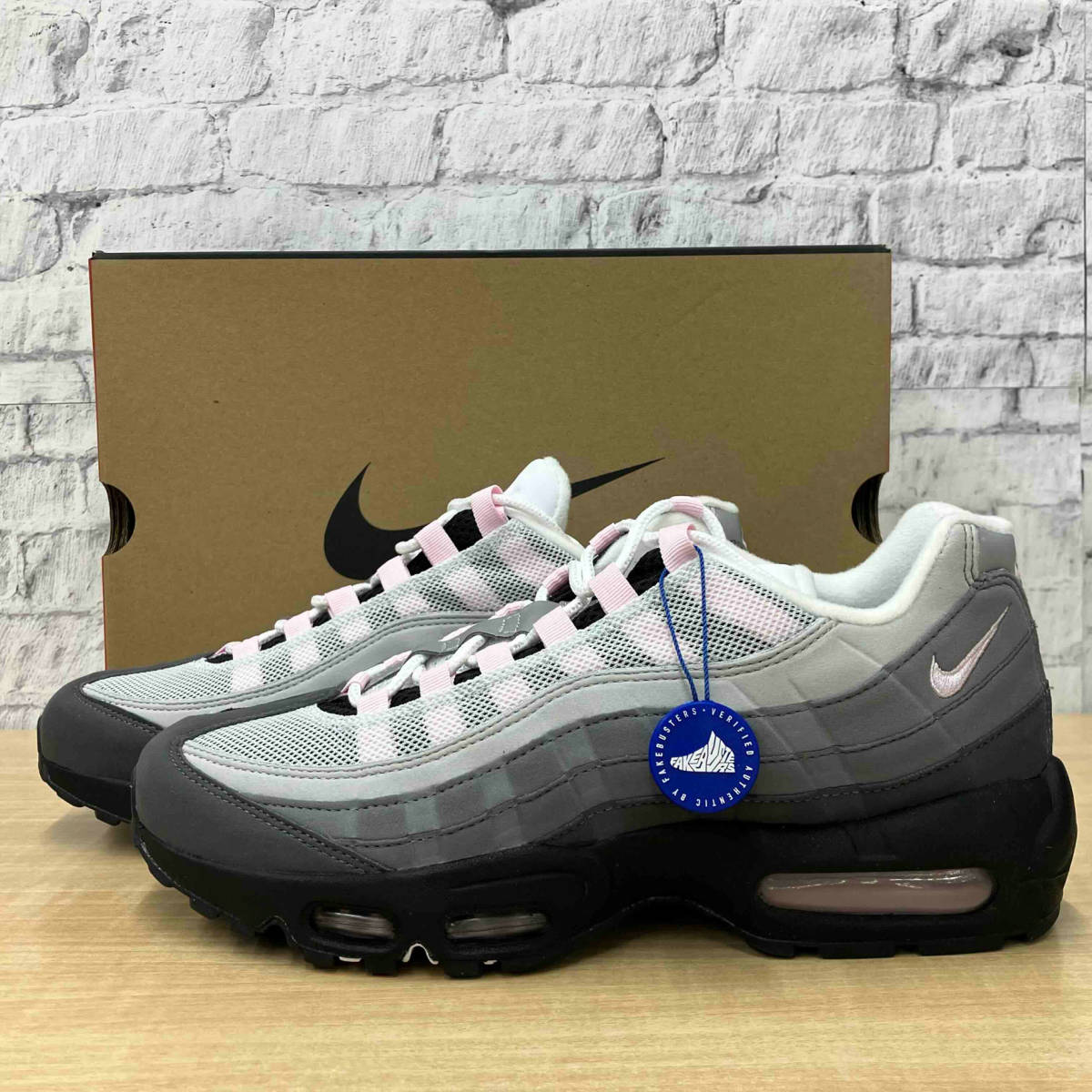
2024年最新】Yahoo!オークション -エアマックス95(ナイキ)の中古品

ナイキ エア マックス 95 エッセンシャル 27cm - www.sorbillomenu.com

エアマックスの値段と価格推移は?|7155件の売買データからエア

NIKE AIR MAX 95 PRM BLACK/WHITE-PURE PLATINUM-LT SMOKE GREY 22HO-I

新品未使用】ナイキ エア マックス 90 DQ8974-100 27.0cm-

ナイキ エア マックス 95 エッセンシャル 27cm - www.sorbillomenu.com

2024年最新】Yahoo!オークション -エア マックス 95 27cmの中古品

NIKEナイキWMNS AIR MAX 95 PRMウィメンズエアマックス95ナイキ - www

ナイキ エア マックス 95 エッセンシャル 27cm - www.sorbillomenu.com

最低価格の ナイキ NIKE nike AIR AIRMAX95 95 AIR - MAX PRM 95 NIKE

ナイキ エアマックス95 OG イエローグラデ 27cm 新品未使用 2020
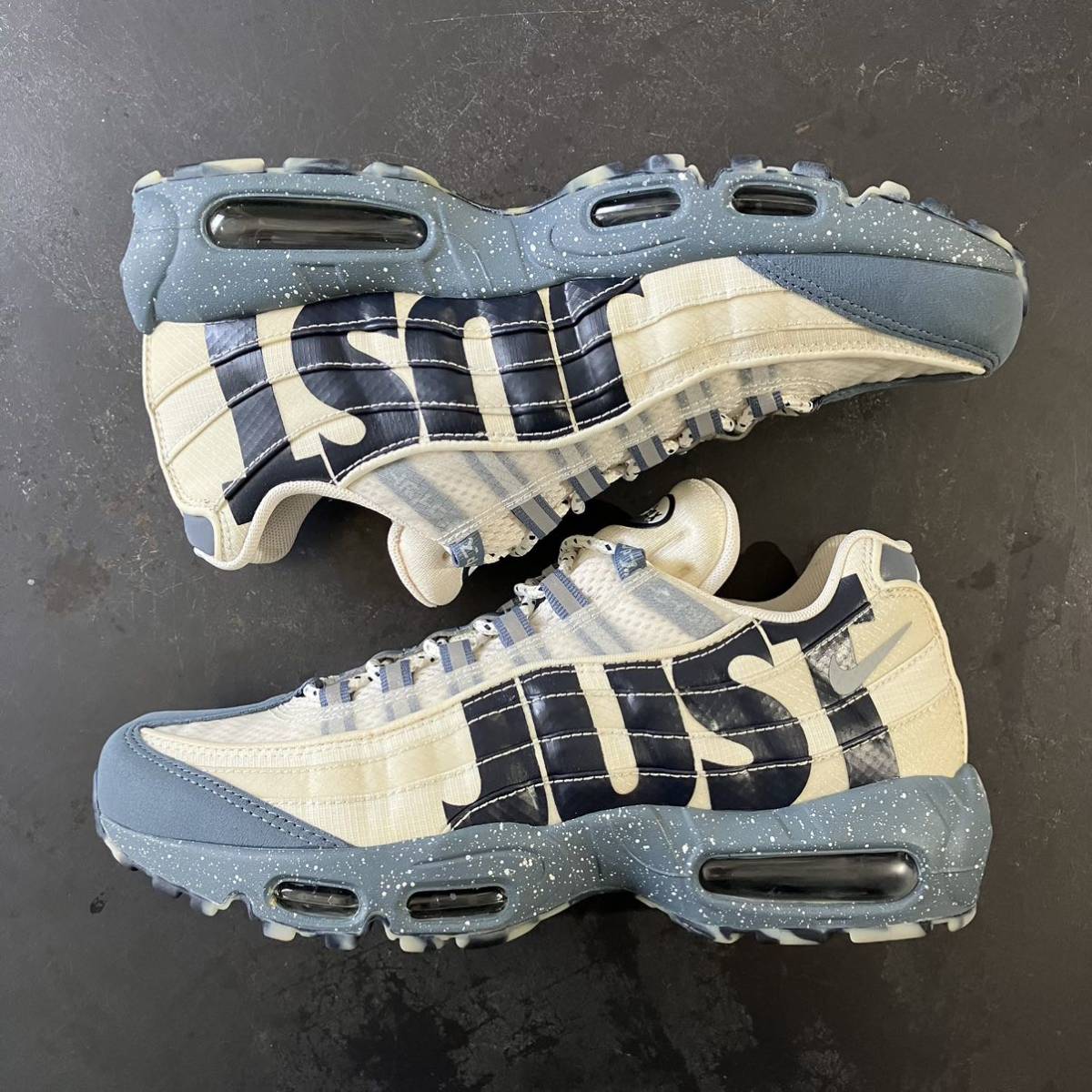
2024年最新】Yahoo!オークション -++ air max 95 prm qs ++の中古品

2024年最新】Yahoo!オークション -「エアマックス95 パープル」(NIKE

ナイキ エア マックス 95 エッセンシャル 27cm - www.sorbillomenu.com

ナイキ エア マックス 95 PRM-

新品 正規品 NIKE ナイキ AIR MAX 95 PRM エアマックス 95 プレミアム
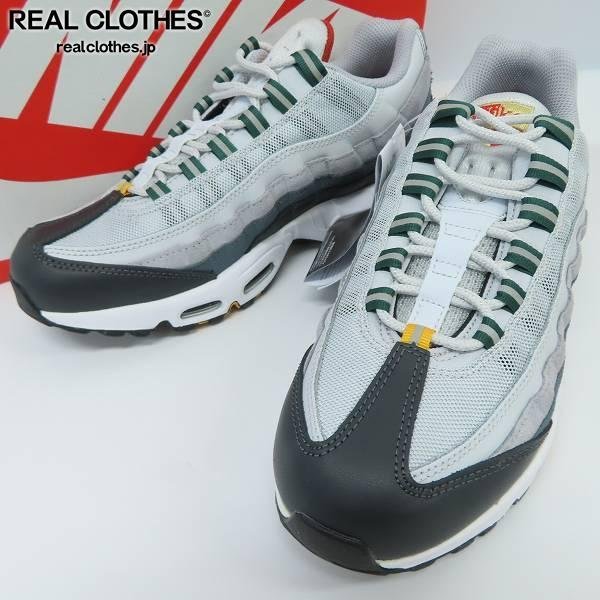
未使用】NIKE/ナイキ AIR MAX 95 PURE PLATINUM/GORGE GREEN エア

ナイキ エア マックス 95 PRM ピンクフォーム 全国通販OK - www

NIKE AIR MAX 95 PRM 新品未使用 エアマックス95プレミアム
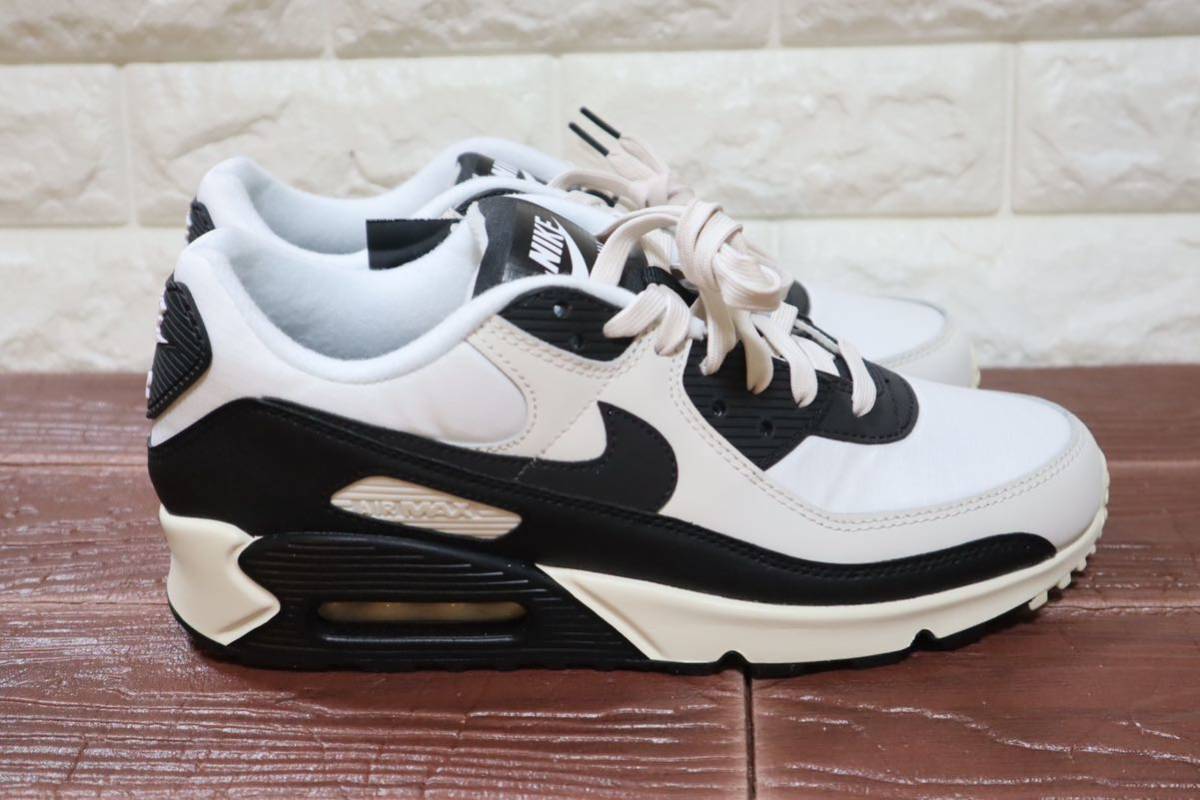
新品未使用】ナイキ エア マックス 90 DQ8974-100 27.0cm-

セール30%OFF NIKE ナイキ 海外正規品・楽天市場店 エアマックス95

ナイキ エアマックス95 PRM 錦鯉 プレミアム 27cmスニーカー 最大半額

ナイキ エア マックス 95 PRM ピンクフォーム 全国通販OK - www

ナイキ エア マックス 95 エッセンシャル 27cm - www.sorbillomenu.com

2024年最新】Yahoo!オークション -エア マックス 95 27cmの中古品

NIKE AIR MAX 95 PRM 新品未使用 エアマックス95プレミアム

ナイキ エアマックス95 PRM 錦鯉 プレミアム 27cmスニーカー 最大半額

エアマックス95 NIKE AIR MAX 95 プリント 27cm アトモス-

nike エアマックス95 プレミアム ブラック メタリックゴールド 27cm-

NIKE ナイキ CD7495-101 エアマックス Air Max 95 ミント スニーカー

NIKE AIR MAX 95 QS ナイキ エア マックス 95 QS-

NIKE - 新品未使用 Nike Air Max 90 PRM 27cmの通販 by てっしん's

価格は安く AIR MAX 2024年最新】エアマックス95 未使用】NIKE/ナイキ
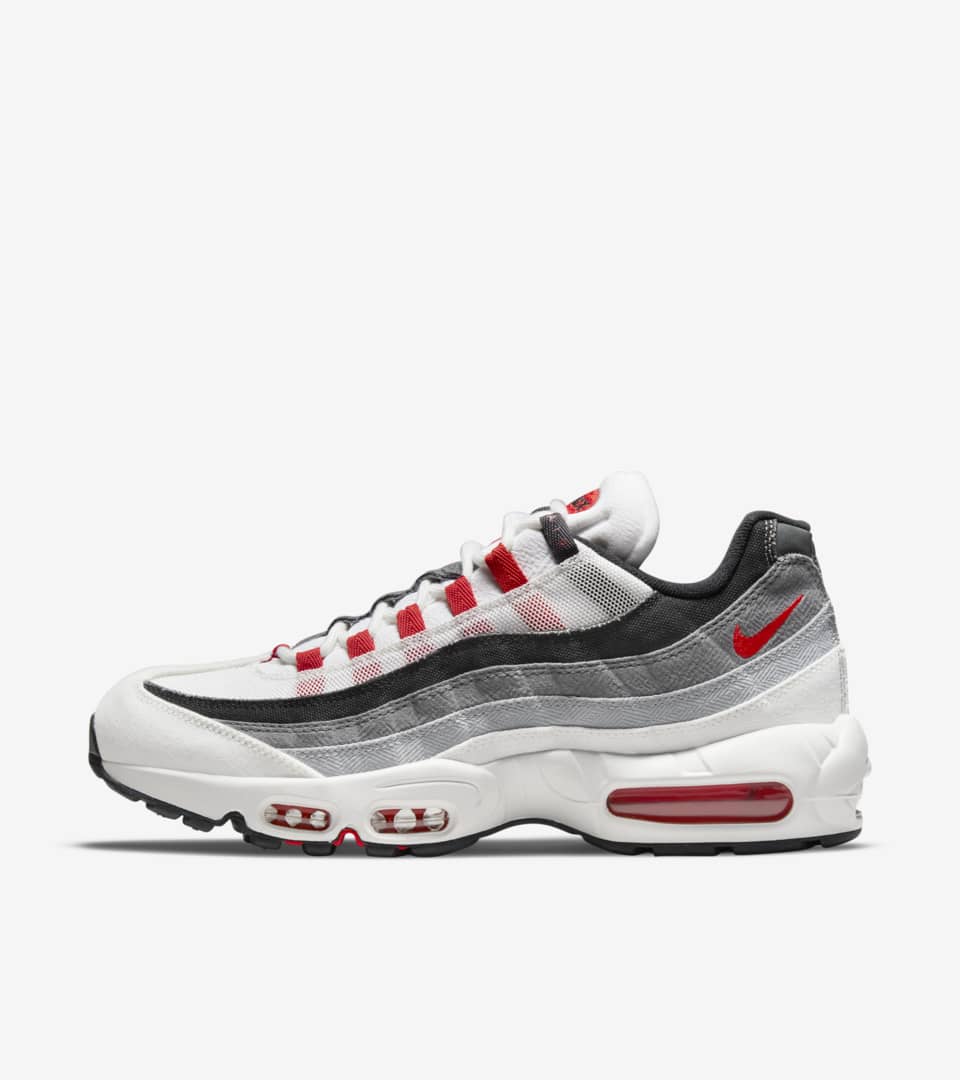
nike airmax 95 Smoke Grey ナイキ エアマックスメンズ - スニーカー

ナイキ エア マックス 95 QS-

2024年最新】nike air max 95 prmの人気アイテム - メルカリ



商品の情報
メルカリ安心への取り組み
お金は事務局に支払われ、評価後に振り込まれます
出品者
スピード発送
この出品者は平均24時間以内に発送しています














